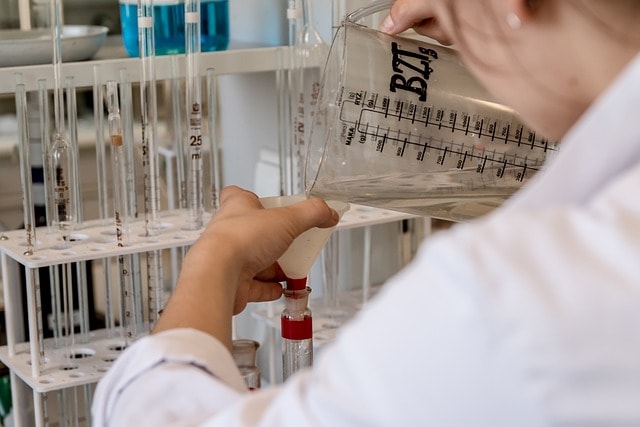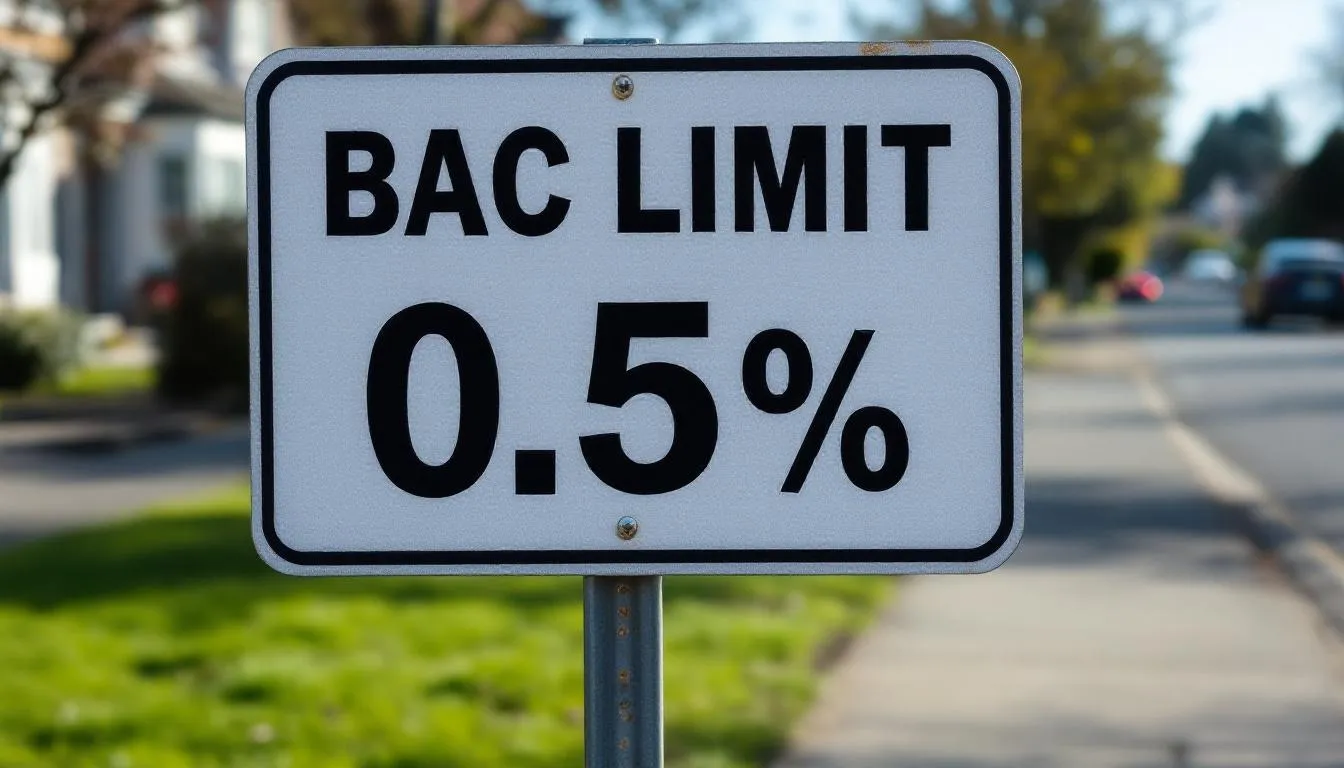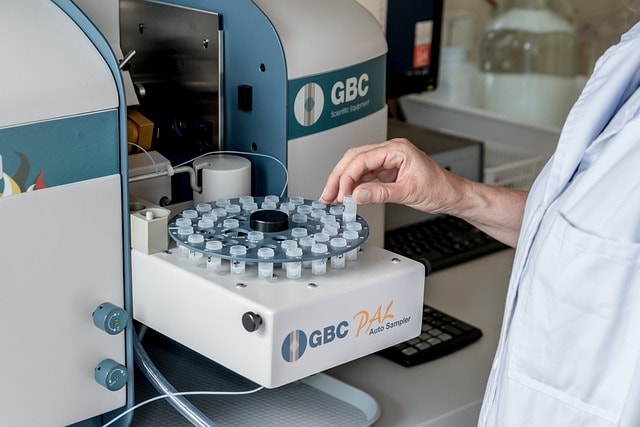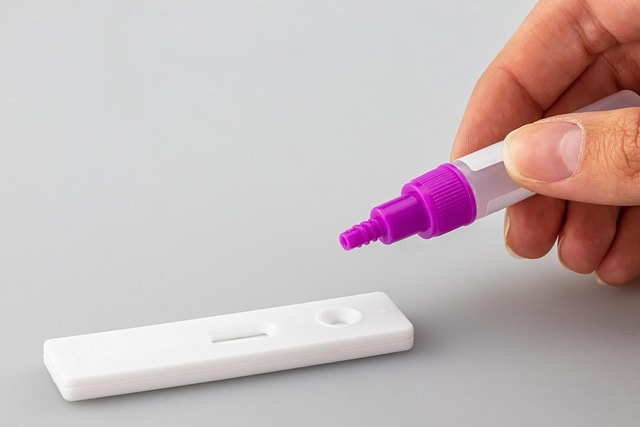Understanding the Alcohol Level in California: Blood Alcohol Concentration (BAC) Guide

Introduction to California’s DUI Laws and BAC Requirements
California’s driving under the influence laws are among the nation’s most complex, with blood alcohol concentration limits that vary depending on your age, license type, and driving history. California’s DUI laws are based on specific blood alcohol levels, which determine the legal consequences for drivers. Understanding these legal limits can mean the difference between a dismissed case and a devastating conviction that affects your career, finances, and freedom.
What is Blood Alcohol Concentration?

Blood alcohol concentration refers to the amount of alcohol present in your bloodstream, measured as a percentage. This percentage reflects the concentration of alcohol in a person’s bloodstream. California law enforcement uses sophisticated testing methods to determine your BAC level, including breath tests, blood tests, and urine tests.
How BAC is Measured
When you consume alcohol, it enters your bloodstream and can be detected through various testing methods. BAC measurements can be performed using breath, blood, or urine tests, each offering different levels of accuracy and reliability.
Breath Test: The most common roadside testing method uses a breathalyzer device to estimate your blood alcohol content based on the alcohol content in your breath. DUI breath tests are frequently used by law enforcement during DUI investigations to estimate BAC, and their results are often considered legally equivalent to blood tests.
Blood Test: Direct analysis of a blood sample provides the most accurate measurement of your blood alcohol level.
Urine Test: Less common but sometimes used when breath or blood testing isn’t available.
California’s Legal BAC Limits Explained

Standard Drivers (Age 21 and Over)
For most California drivers, the legal limit is 0.08% BAC. Driving with an illegal BAC (blood alcohol concentration above the legal limit) is a violation of California law. This means having 0.08 grams of alcohol per 100 milliliters of blood constitutes driving under the influence under California Vehicle Code Section 23152(b).
Commercial Vehicle Operators
Commercial vehicle drivers face stricter standards with a legal alcohol limit of 0.04% BAC. This lower threshold reflects the increased responsibility that comes with operating large vehicles.
Zero Tolerance for Underage Drivers
California enforces zero-tolerance laws for drivers under 21, where any detectable alcohol level (0.01% BAC or higher) constitutes a violation.
Factors Affecting Your BAC Level
Several factors influence how quickly alcohol affects your blood alcohol concentration:
Body Weight: Heavier individuals typically have lower BAC levels after consuming the same amount of alcohol.
Body Temperature: Elevated body temperature can affect alcohol absorption rates.
Food Consumption: Eating before drinking can slow alcohol absorption.
Alcohol Type: Different alcoholic beverages have varying alcohol concentrations.
How Many Drinks: The number and timing of drinks significantly impact your BAC measurement.
How much alcohol a person consumes is a key factor—drinking more alcohol will result in a higher BAC level.
California DUI Testing Procedures
Preliminary Alcohol Screening (PAS)
Before arrest, officers may request a preliminary alcohol screening using a handheld device. This PAS test helps determine whether there’s probable cause for a DUI arrest.
Post-Arrest Chemical Testing
After a lawful DUI arrest, California’s implied consent law requires you to submit to a chemical test. You typically have the choice between:
- Breath Test: Using a calibrated breathalyzer machine
- Blood Test: Direct blood sample analysis
- Urine Test: When other methods aren’t available
Refusing Chemical Tests
So, refusing a breath or blood test after arrest triggers California’s implied consent penalties, including automatic license suspension and enhanced DUI probation terms. Refusing a breath test after a DUI arrest can result in a one-year license suspension as a penalty.
Understanding California Vehicle Code Section 23152
Section 23152(a): Impairment-Based DUI
This section prohibits driving under the influence of alcohol or drugs, regardless of your specific BAC level. A police officer can arrest you for DUI even if your blood alcohol content is below the legal limit if they observe impairment.
Section 23152(b): Per Se DUI
This provision makes it illegal to drive with a BAC of 0.08% or higher, regardless of whether you appear impaired. This is known as a “per se” violation.
DUI Penalties and License Suspension
First-Time DUI Offense
- County jail time: Up to six months
- Fines: $390 to $1,000 plus penalty assessments
- Driver’s license suspension: Six months
- Alcohol education program: Three to nine months
Automatic License Suspension
The California Department of Motor Vehicles imposes an automatic license suspension separate from any court-imposed penalties. This administrative action occurs regardless of your criminal case outcome.
Ignition Interlock Device Requirements
Many DUI convictions require installation of an ignition interlock device in your vehicle, preventing operation if alcohol is detected on your breath.
How Blood Alcohol Limits Are Enforced

Traffic Stops and Field Sobriety Tests
A police officer must have reasonable suspicion to initiate a traffic stop. Common indicators include:
- Erratic driving patterns
- Equipment violations
- Traffic violations
Breath Test Administration
Modern DUI breath test devices require proper calibration and maintenance. The post arrest breath test must follow specific protocols to ensure accuracy.
Blood Test Procedures
DUI blood test procedures require proper chain of custody and laboratory analysis. The blood sample must be collected by qualified medical personnel.
Medical Considerations and BAC Testing

Factors Affecting Test Accuracy
Blood supply issues, medical conditions, and medications can affect test results. Certain medical conditions may cause irregular breathing that impacts breath test accuracy.
Alcohol Poisoning Concerns
Extremely high BAC levels can indicate alcohol poisoning, a medical emergency requiring immediate attention.
Legal Defenses for DUI Cases
Challenging the Traffic Stop
Your attorney can examine whether the police officer had reasonable suspicion for the initial traffic stop.
Alcohol Present vs. Impairment
Having alcohol present in your system doesn’t automatically prove impairment, especially if your BAC level was below the legal limit.
Testing Procedure Violations
Improper administration of the breath test, blood test, or urine test can provide grounds for challenging the results.
The Importance of Expert Legal Representation
Why Choose The Law Offices of James L. Arrasmith
When facing DUI charges, it is crucial to consult a legal professional, such as a DUI attorney, to ensure your rights are protected and to build a strong defense. You need an attorney with demonstrated expertise in California DUI laws. James L. Arrasmith brings:
- Valedictorian graduate of Lincoln Law School (highest GPA in 56-year history)
- Super Lawyer Rising Star recognition (top 2.5% nationwide)
- Nearly 5 years of legal experience
- Over 200 five-star client reviews
Understanding Your Rights
Every DUI case is unique. Factors such as your BAC limit at the time of testing, the accuracy of the chemical test, and whether proper procedures were followed can significantly impact your case outcome.
Protecting Your Driver’s License
Beyond criminal penalties, a DUI conviction triggers driver’s license suspension through the California Department of Motor Vehicles. Acting quickly to request a DMV hearing can help protect your driving privileges.
Comprehensive DUI Defense Strategy
Examining the Evidence
A thorough DUI defense examines every aspect of your case. It is crucial to gather evidence at every stage to build a strong defense, as this can reveal errors or inconsistencies that may benefit your case:
- Traffic stop legality
- Field sobriety test administration
- Chemical test accuracy and procedures
- Police station booking procedures
- Miranda rights compliance
Challenging High BAC Cases
Even cases involving high BAC readings aren’t necessarily hopeless. Testing equipment malfunctions, improper calibration, and procedural errors can affect results.
Free Consultation Process
The Law Offices of James L. Arrasmith offers a free consultation to evaluate your case and explain your options. This initial meeting helps you understand:
- Potential defenses available
- Legal repercussions you’re facing
- Timeline for your case
- Costs and fee structure
Understanding California’s Implied Consent Law
Vehicle Code Requirements
California’s implied consent law under the Vehicle Code requires drivers to submit to chemical testing when lawfully arrested for DUI. This law applies to all drivers on California roads.
Zero Tolerance Enforcement
For drivers under 21, zero tolerance means any measurable alcohol level can result in license suspension and other penalties.
Commercial Vehicle Operators
Commercial vehicle drivers face enhanced penalties and lower BAC limits, reflecting their professional driving responsibilities.
Advanced DUI Defense Strategies
Gathering Evidence
Effective DUI defense requires gathering evidence that may include:
- Police officer training records
- Breathalyzer maintenance logs
- Laboratory certification documents
- Witness statements
- Video footage
Medical Defenses
Certain medical conditions can affect BAC test results or create symptoms that mimic alcohol impairment:
- Diabetes and ketosis
- Acid reflux and GERD
- Medications affecting body temperature
- Breathing disorders affecting breath test accuracy
Protecting Your Future
Legal Repercussions Beyond Criminal Court
A DUI conviction can affect:
- Employment opportunities
- Professional licensing
- Insurance rates
- Housing applications
- Educational opportunities
Ignition Interlock Device Considerations
Modern ignition interlock device technology requires regular maintenance and calibration. Understanding these requirements helps ensure compliance and avoid violations.
Conclusion: Your Next Steps
If you’re facing DUI charges in California, time is critical. The California Department of Motor Vehicles imposes strict deadlines for challenging license suspension, and early intervention can significantly impact your case outcome.
The Law Offices of James L. Arrasmith provides expert representation throughout California, combining extensive legal knowledge with a commitment to client service. With nearly 15 years of experience and recognition as a Super Lawyer Rising Star, Attorney Arrasmith understands the complexities of California DUI laws and fights tirelessly for client rights.
Don’t let a DUI charge derail your future. Contact The Law Offices of James L. Arrasmith today for your free consultation and learn how expert legal representation can protect your rights, your license, and your future.
Remember: every DUI case is unique, and the specific facts of your situation matter. Whether you’re facing first-time charges or repeat DUI offense allegations, having an experienced attorney who understands California law, vehicle code requirements, and legal alcohol limit enforcement can make all the difference in your case outcome.
Official Government Resources
- California Department of Motor Vehicles (DMV): https://www.dmv.ca.gov/portal/driver-education-and-safety/dmv-safety-guidelines-actions/driving-under-the-influence/
- Official California government resource for DUI laws and procedures
- California Legislative Information – Vehicle Code Section 23152: https://leginfo.legislature.ca.gov/faces/codes_displaySection.xhtml?sectionNum=23152&lawCode=VEH
- Official California state legislature website containing the complete text of DUI statutes
Key Case Law Citations
- Schmerber v. California, 384 U.S. 757 (1966) – Established Fourth Amendment protections regarding blood testing in DUI cases where “a police officer smelled liquor on petitioner’s breath and noticed other symptoms of drunkenness at the accident scene”
- Birchfield v. North Dakota, 579 U.S. 438 (2016) – Modified implied consent law application, holding that “The Fourth Amendment permits warrantless breath tests that are incident to arrests for drunk driving, but it does not permit warrantless blood tests in the same circumstances”













